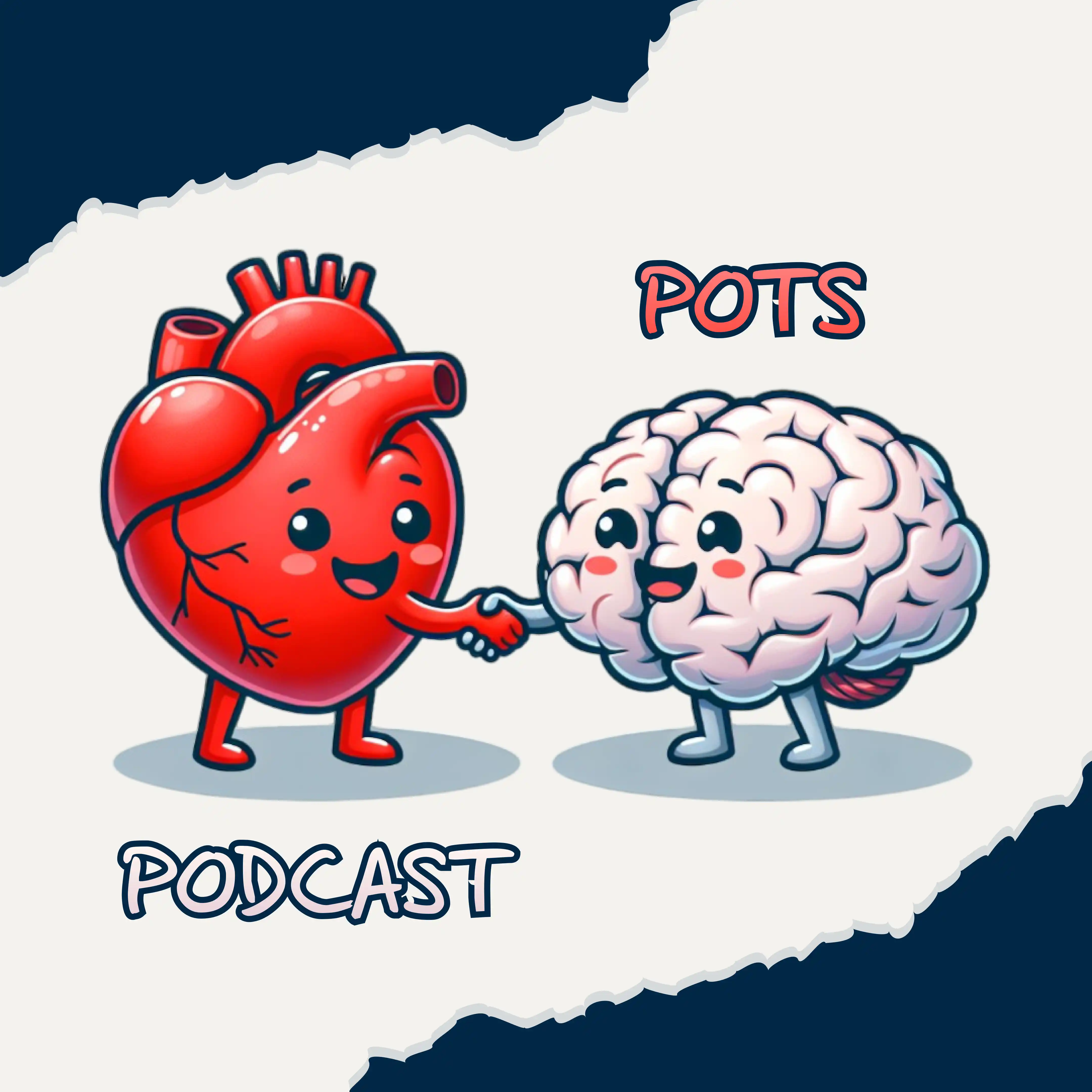
Autophagy and Sleep: How Your Brain Repairs Itself Overnight
In this episode, Dr. Joseph Schneider and Joseph Quirk dive into the vital connection between sleep and autophagy—the brain's natural cleanup system. Dr. Schneider shares his personal journey with stroke recovery, explaining how autophagy helped heal his damaged basal ganglion and thalamus. The hosts explore how proper sleep cycles activate the brain's maintenance mechanisms, allowing microglia to remove cellular damage while the default network resolves emotional stress. They discuss practical strategies for optimizing sleep—from maintaining consistent circadian rhythms to creating ideal sleeping environments—and reveal why shift workers often face significant health challenges. Through a success story of a patient who recovered from severe brain trauma, they illustrate how comprehensive treatment approaches focusing on sleep quality can restore not just work capacity but complete life satisfaction. Connect with Dr. Joseph Schneider: Website: Hope Brain and Body Recovery Center LinkedIn: Joseph Schneider YouTube: hopebrainbodyrecoverycenter Instagram: @hopebraincenter_ Facebook: Hope Brain and Body Recovery Center
Description:
In this episode, Dr. Joseph Schneider and Joseph Quirk dive into the vital connection between sleep and autophagy - the brain's natural cleanup system. Dr. Schneider shares his personal journey with stroke recovery, explaining how autophagy helped heal his damaged basal ganglion and thalamus. The hosts explore how proper sleep cycles activate the brain's maintenance mechanisms, allowing microglia to remove cellular damage while the default network resolves emotional stress. They discuss practical strategies for optimizing sleep - from maintaining consistent circadian rhythms to creating ideal sleeping environments - and reveal why shift workers often face significant health challenges. Through a success story of a patient who recovered from severe brain trauma, they illustrate how comprehensive treatment approaches focusing on sleep quality can restore not just work capacity but complete life satisfaction.
Â
Connect with Dr. Joseph Schneider:
Website:Â Hope Brain and Body Recovery Center
LinkedIn:Â Joseph Schneider
YouTube:Â hopebrainbodyrecoverycenter
Instagram:Â @hopebraincenter_
Facebook: Â Hope Brain and Body Recovery Center



Comments